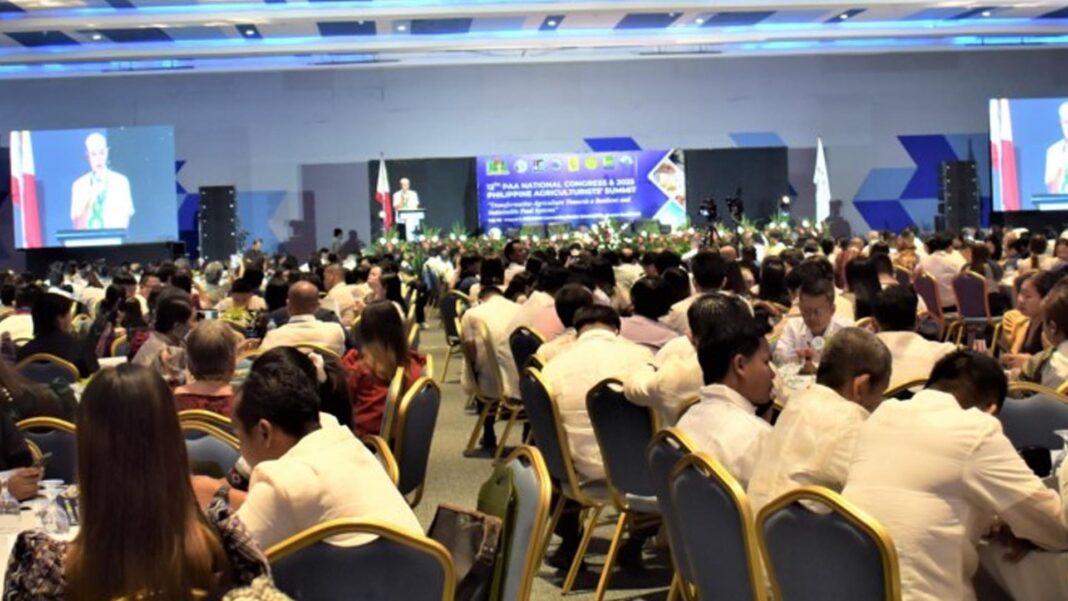Negros Occidental Governor Eugenio Jose Lacson has vowed sustained support for farmers in partnership with the agriculturists to help the administration of President Ferdinand R. Marcos Jr. attain its food security goals.
“In the State of the Nation Address delivered Monday, President Marcos once again underscored the vital role of agriculture in securing our nation’s future,” Lacson said at the opening ceremony of the 12th National Congress and 2025 Philippine Agriculturists’ Summit at the SMX Convention Center here Tuesday.
The five-day gathering, attended by about 2,000 members of the Philippine Association of Agriculturists Inc., is themed “Transformative Agriculture Towards a Resilient and Sustainable Food System.”
The governor said the President’s “call for sustained investment in food production, support for our farmers, and the modernization of agricultural systems aligns deeply with the theme of the summit.”
“It affirms what we have long believed, that agriculture is not merely a sector, but an important driving force of our economy, the lifeblood of our rural communities, and a pillar of national resilience,” he added.
Lacson noted that as a predominantly agricultural province, Negros Occidental is “honored to host the national gathering of agriculture professionals and advocates, who are helping shape the future of food and farming in the Philippines.”
“Our shared hope for agricultural transformation welcomes your partnership,” he said.
He added that the challenges faced by the country in recent years, including natural calamities, pandemic disruptions, and market instabilities, are a reminder that agriculture is not just the foundation of food security, but its very survival, as well.
“The agricultural sector plays the primary role in ensuring strong food value chains and in promoting a vibrant rural economy that supports millions of Filipino families,” he said.
As such, Lacson said agriculture must be treated as an evolving, adaptive industry, which is connected to science, powered by technology, and supported by sustainable practices.
“As we confront the growing threats of climate change, our commitment is to help our farmers become more productive, climate-resilient, and better linked to markets,” he added. (PNA)


